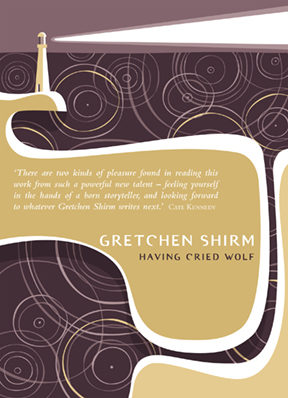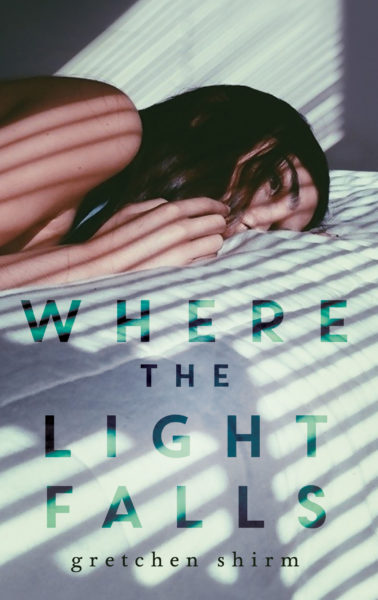FWA: What are the key features that make a good fiction story?
GS: I would say that a good fictional story almost always comes down to voice. Often this is about the conviction the narrative voice has about where it is going – a sense of awareness perhaps, a clear purpose and intention. As long as that is present, I think it can contain almost any story, in any form.
FWA: How did you get started on your two books?
GS: With my first book I had no idea what I was doing and I wrote A LOT of drafts before I had anything worth preserving. One day, after lots of reading and writing, something just clicked and I realised that I had a grasp of narrative that I hadn’t had before. With my second book I think I was really teaching myself to write a novel as I went, so there were a lot of drafts! I knew I wanted to write about the connection between photography and writing, but that was all I had to go on at the start.
FWA: What is the difference between starting out on a short story and starting out on a novel?
GS: That’s a very good question! I think with a novel you are writing for discovery – you’re finding out what you think about the subject as you go. Whereas I often have the whole short story in my head before I start writing. That is not to say that a novel is a ‘bigger’ thing than a short story – it’s just a more sustained examination.
FWA: How have you been writing through the intensity of 2020?
GS: Well, I just finished a fiction manuscript and since that I’ve been working on some personal essays that include aspects of literary criticism and even some theory. I’ve always really loved the personal essay as a form – Maggie Nelson and Maria Tumarkin — in particular. I think what’s interesting about the personal essay is the way it comes at the one subject from different directions.
FWA: What is the major thing you hope that students in Start to Write: Fiction will take away from your course?
GS: I think one of the biggest impediments to writing when we first start out is giving ourselves permission to write; to have the faith that we have something interesting to say. Beyond that, for people who think ‘creative writing can’t be taught’ – that’s rubbish. It’s about recognising what techniques are available to a writer and finding out how best to put them to work for you.
Thank you to Gretchen Shirm.
Follow this link for more information about Start to Write: Fiction.

